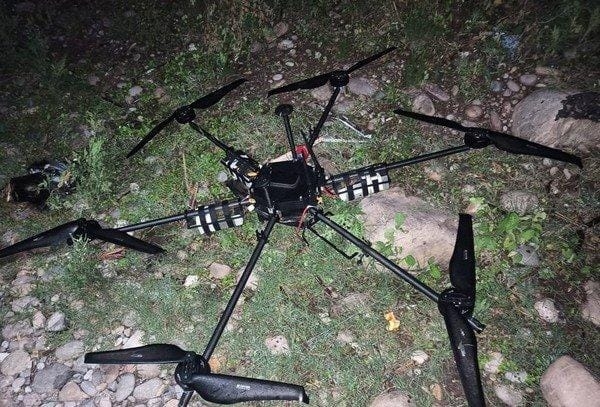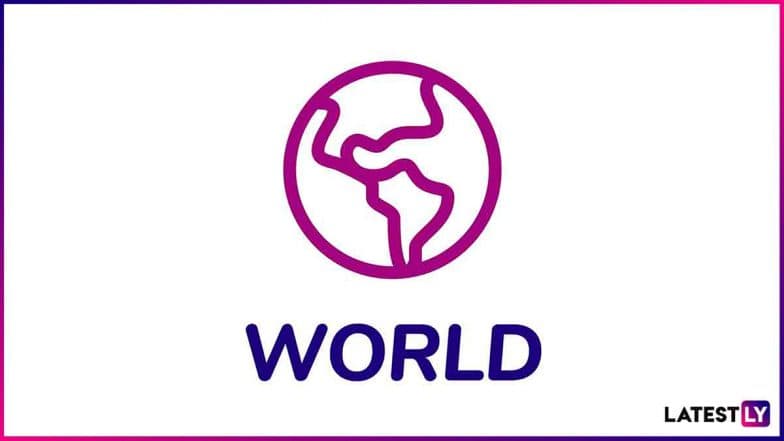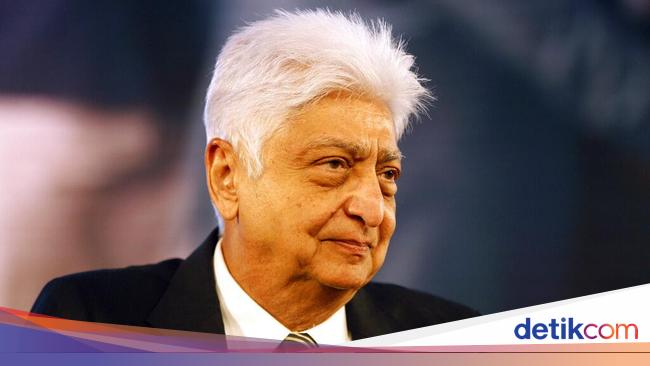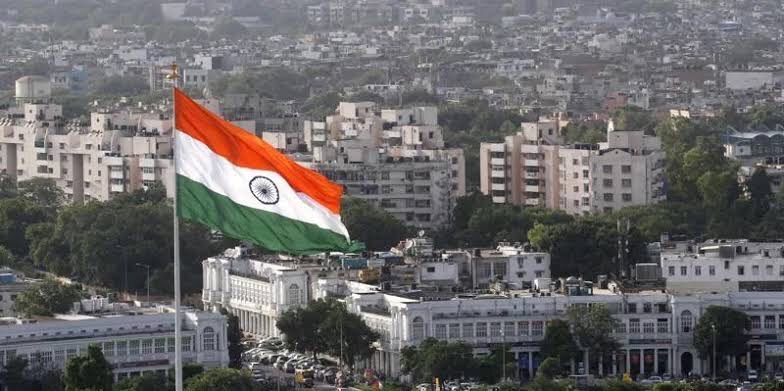Following the recent announcement by the Indian Civil Aviation Ministry to liberalize the “drone rules” and the statement by Prime Minister Narendra Modi on Twitter: “The new drone rules mark a turning point for this sector in India. These rules are based on the principle of trust and self-disclosure. Approvals, compliance requirements and entry barriers have been significantly reduced. ”It is expected that new cooperation agreements will be made with Israel that would be mutually beneficial if they worked together. These two very different economies tend to complement and influence each other, especially when it comes to making deep technology more accessible, scalable, and relevant to respected national markets as well as global markets.
The Indian Prime Minister added: “The new drone rules will greatly help start-ups and young people working in this sector. It will open new opportunities for innovation and business. It will use India’s strengths in innovation, technology and engineering to make India a drone hub ”.
The Indians were impressed with Israel’s use of drones during the pandemic, which were extremely useful in enforcing the Covid-19 protocols (more than 3,000 flights in support of efforts across the country to fight Covid-19) but one of the most interesting and perhaps the most relevant sectors for cooperation between Israel and India is agriculture.
Drones have great potential in promoting precision farming and improving sustainable agriculture. Current cutting-edge technology enables Israeli companies to provide drone-based solutions and services that provide better, cheaper, and safer solutions. Drones can be used to administer pesticides and control certain pests, monitor fields and detect plant diseases early on. The development of high-resolution, low-distortion, multispectral camera solutions for agriculture enables the synchronization of multi-camera images from fast-flying drones with a single camera, enabling advanced modeling.
Operating a fleet of flying robots provides a standalone solution for plant and harvest management, including picking, thinning and pruning, and enables fruit sorting at the source through better access to tree tops and the ability to work in complex terrain such as narrow or mountainous areas Plantations.
For tree health analysis, data-driven machine learning solutions are available that help users identify weak trees, clusters of trees, and tree health status using artificial intelligence and drone imaging technologies.
Source : Weekly voice & Israel Valley

“Writer. Extreme social media expert. Student. Typical reader. Friend of animals everywhere.”







